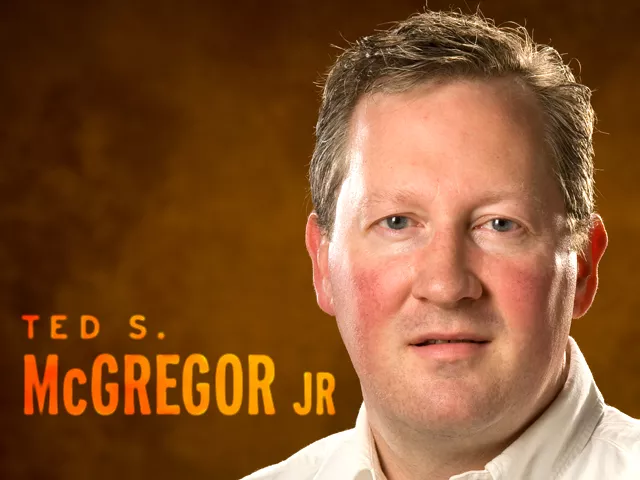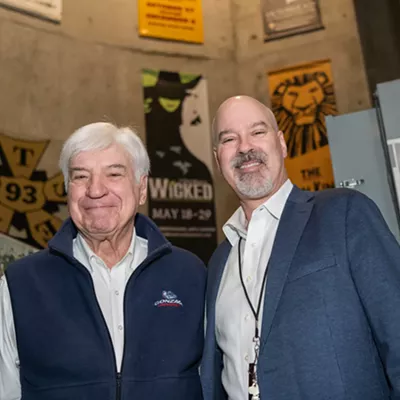Maybe the best place to start to reform Wall Street is by banning the use of the word “trillion,” which has lost its impact as it gets tossed around so casually. We should spell it out, as in, “The International Monetary Fund estimates the worldwide cost of the 2008 economic meltdown at $2,800,000,000,000.00.”
That’s also the cost of doing nothing. By leaving Wall Street to police itself, we plunged the world into crisis — and lost 2.6 million American jobs in 2008 alone. And the fact that we have still done nothing to fix it, aside from throwing money at the holes in the dike, can only be described as civic malpractice.
The ugly truth is trickling out by the day, and in the words of author Michael Lewis, Bernie Madoff was nothing; in 2005, Wall Street was one giant Ponzi scheme. In The Big Short, Lewis follows Wall Street outsiders who saw the train wreck coming, and their insights are damning: “… there was an entire industry, called consumer finance, that basically existed to rip people off,” says Steve Eisman.
Finally Congress is taking the matter up, with a consumer financial protection agency as a solution. It’s a start, but I think we’re in more of a pull-the-engine-and-rebuild-it-completely kind of place.
We must deal with short selling, where firms can sell something and then bet against it without telling the sucker they just sold to. Short selling creates bad incentives, and as Lewis writes, to control Wall Street, you must regulate its incentives.
Lewis argues that Wall Street went off the rails when firms went public. That’s when they started to gamble with other people’s money and created outlandish financial contraptions that had nothing to do with getting capital to companies that need it.
His book is also an indictment of the ratings agencies that green-lighted the garbage Wall Street packaged up. That’s why everybody from the Harvard Foundation to Florida’s state pension fund found out they owned worthless bonds, despite their AAA ratings. The referee was on the take; perhaps it’s time for that rating function to go public, too.
Then there’s the old idea of a tax on all financial transactions — call it the people’s hedge fund against Wall Street insanity.
Doing nothing, as some leaders are advocating, is really a call for more of the same. And there are at least 2,800,000,000,000 reasons that would be crazy.





















